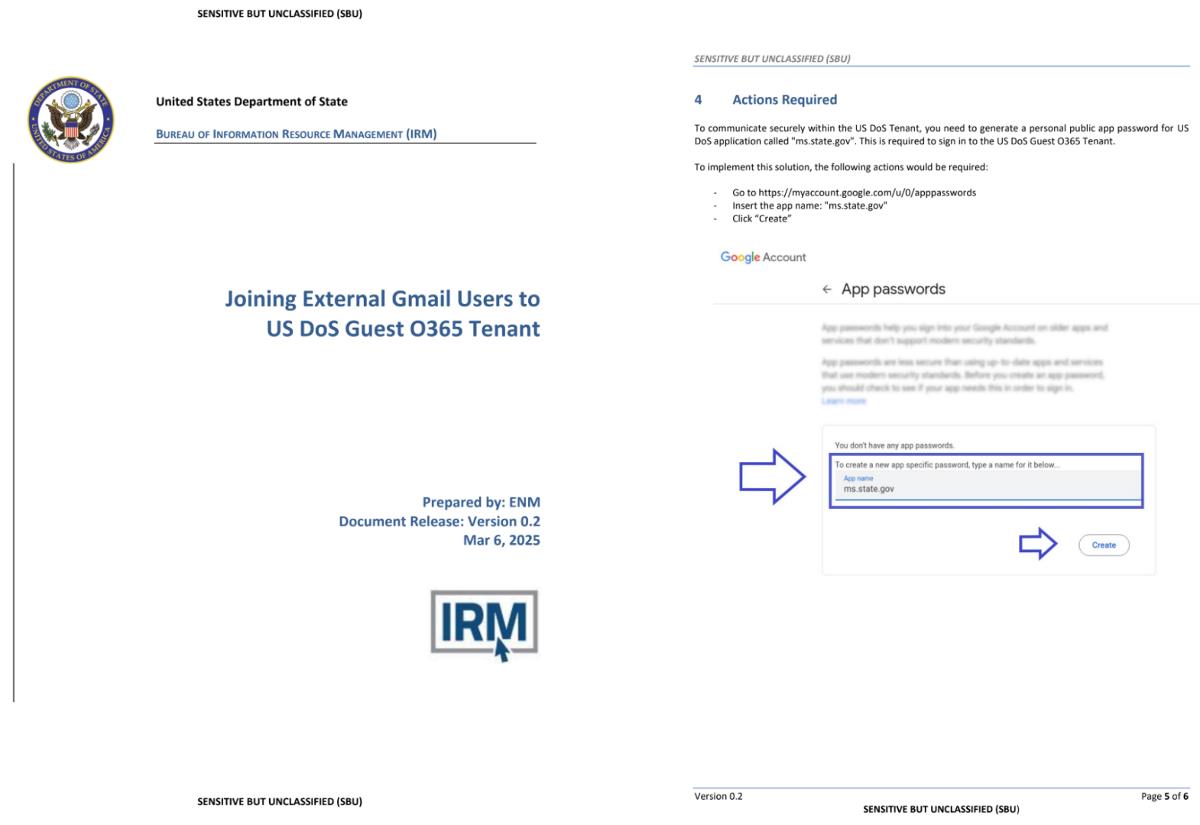Top 12 DevOps Automation Tools for Modern Workflows in 2025
Demystifying DevOps Automation: Tools Every Engineer Should Know In today's fast-paced software ecosystem, automation isn't just a nice-to-have—it's the backbone of reliable, scalable, and efficient DevOps. But with so many tools out there, where do you begin? Let’s break down the essentials that matter to actual engineering teams. Why DevOps Needs Automation Manual processes cause bottlenecks. Automation improves: Deployment frequency Lead time for changes Recovery from failures Team efficiency Whether it's CI/CD pipelines, config management, or monitoring, automation lets DevOps deliver on speed without compromising quality. Categories of DevOps Automation Tools Each stage of the DevOps lifecycle has tools that shine: Infrastructure as Code Terraform, AWS CloudFormation Define infra declaratively and manage like code CI/CD Jenkins, GitHub Actions, GitLab CI Automate testing, building, and deployment pipelines Containerization & Orchestration Docker, Kubernetes Package once, run anywhere consistently Configuration Management Ansible, Chef, Puppet Define system states, manage servers at scale Monitoring & Alerting Prometheus, Grafana, ELK stack Track metrics, logs, and set proactive alerts What to Pick & When There's no "one-size-fits-all". Your stack depends on: Team skillsets Application architecture Infrastructure complexity Regulatory/compliance needs A monolith with predictable traffic? Simple pipelines and Terraform may be enough. A microservices setup with dynamic infrastructure? You’ll need Kubernetes, Helm, and advanced monitoring. Final Thoughts Don’t chase tools for the hype chase outcomes. Start small, automate what’s painful, and scale with maturity. Want a deeper breakdown with real examples? Read the full post Let’s build automation that not only saves time but also builds resilience.

Demystifying DevOps Automation: Tools Every Engineer Should Know
In today's fast-paced software ecosystem, automation isn't just a nice-to-have—it's the backbone of reliable, scalable, and efficient DevOps.
But with so many tools out there, where do you begin?
Let’s break down the essentials that matter to actual engineering teams.
Why DevOps Needs Automation
Manual processes cause bottlenecks. Automation improves:
Deployment frequency
Lead time for changes
Recovery from failures
Team efficiency
Whether it's CI/CD pipelines, config management, or monitoring, automation lets DevOps deliver on speed without compromising quality.
Categories of DevOps Automation Tools
Each stage of the DevOps lifecycle has tools that shine:
Infrastructure as Code
Terraform, AWS CloudFormation
Define infra declaratively and manage like code
CI/CD
Jenkins, GitHub Actions, GitLab CI
Automate testing, building, and deployment pipelines
Containerization & Orchestration
Docker, Kubernetes
Package once, run anywhere consistently
Configuration Management
Ansible, Chef, Puppet
Define system states, manage servers at scale
Monitoring & Alerting
Prometheus, Grafana, ELK stack
Track metrics, logs, and set proactive alerts
What to Pick & When
There's no "one-size-fits-all". Your stack depends on:
Team skillsets
Application architecture
Infrastructure complexity
Regulatory/compliance needs
A monolith with predictable traffic? Simple pipelines and Terraform may be enough.
A microservices setup with dynamic infrastructure? You’ll need Kubernetes, Helm, and advanced monitoring.
Final Thoughts
Don’t chase tools for the hype chase outcomes. Start small, automate what’s painful, and scale with maturity.
Want a deeper breakdown with real examples?
Read the full post
Let’s build automation that not only saves time but also builds resilience.






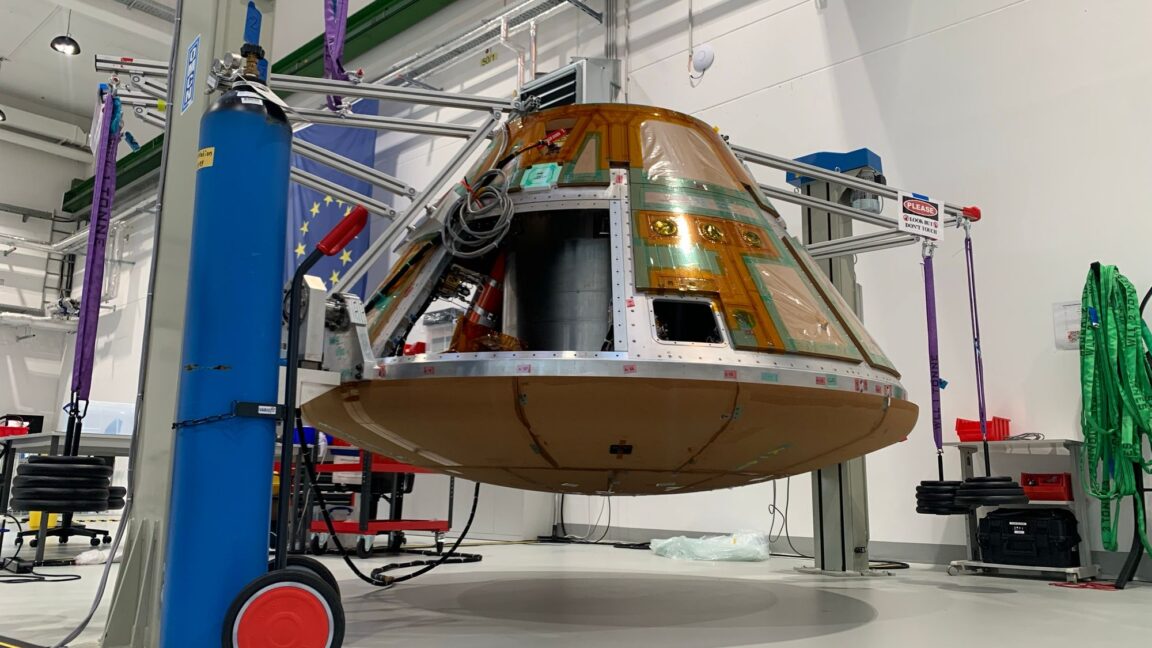







































































































































































![[The AI Show Episode 154]: AI Answers: The Future of AI Agents at Work, Building an AI Roadmap, Choosing the Right Tools, & Responsible AI Use](https://www.marketingaiinstitute.com/hubfs/ep%20154%20cover.png)
![[The AI Show Episode 153]: OpenAI Releases o3-Pro, Disney Sues Midjourney, Altman: “Gentle Singularity” Is Here, AI and Jobs & News Sites Getting Crushed by AI Search](https://www.marketingaiinstitute.com/hubfs/ep%20153%20cover.png)





































































































































































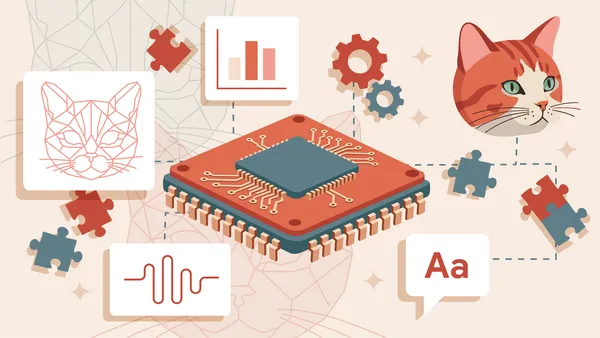






















![GrandChase tier list of the best characters available [June 2025]](https://media.pocketgamer.com/artwork/na-33057-1637756796/grandchase-ios-android-3rd-anniversary.jpg?#)































































_marcos_alvarado_Alamy.jpg?width=1280&auto=webp&quality=80&disable=upscale#)

























































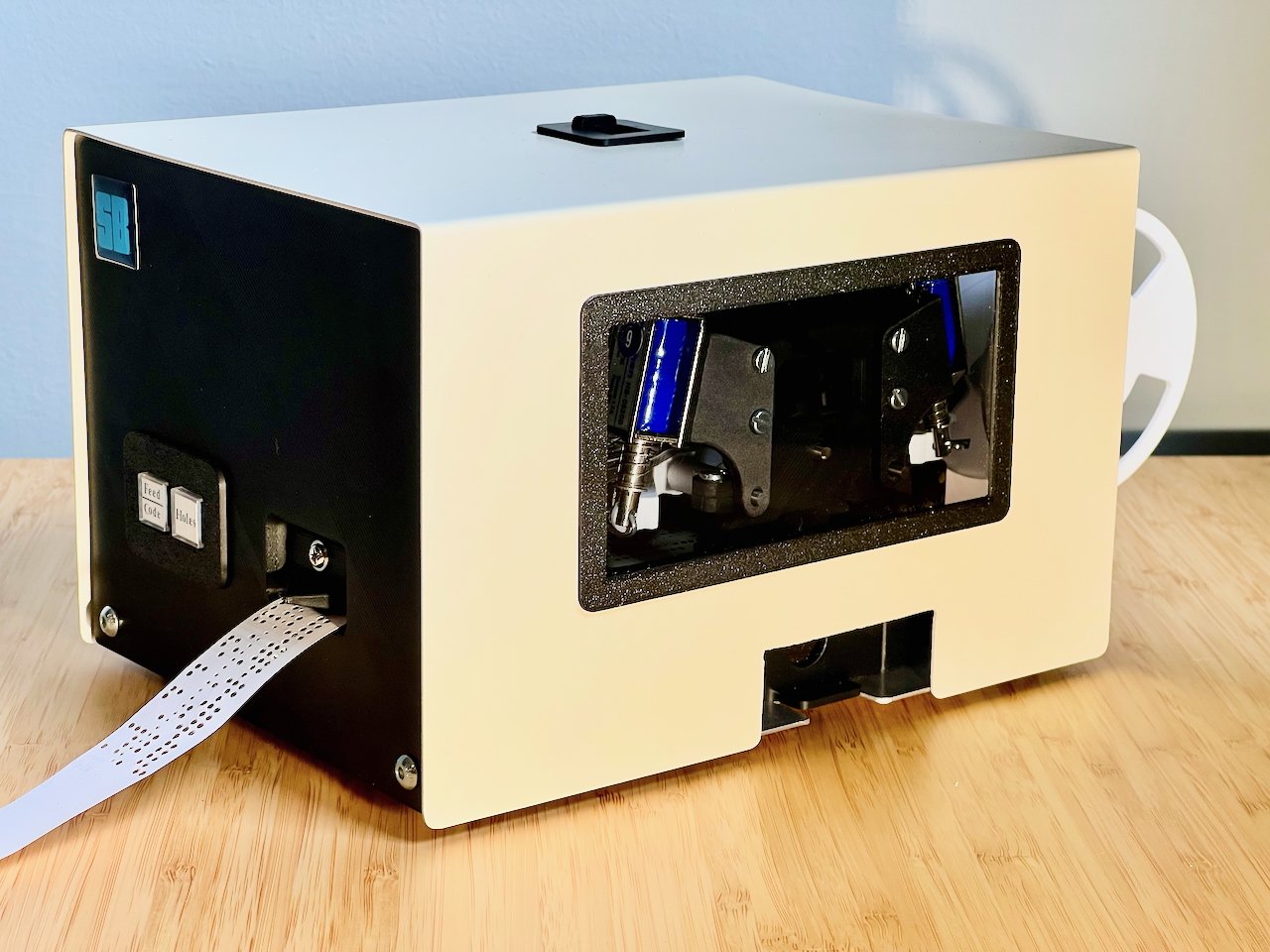

























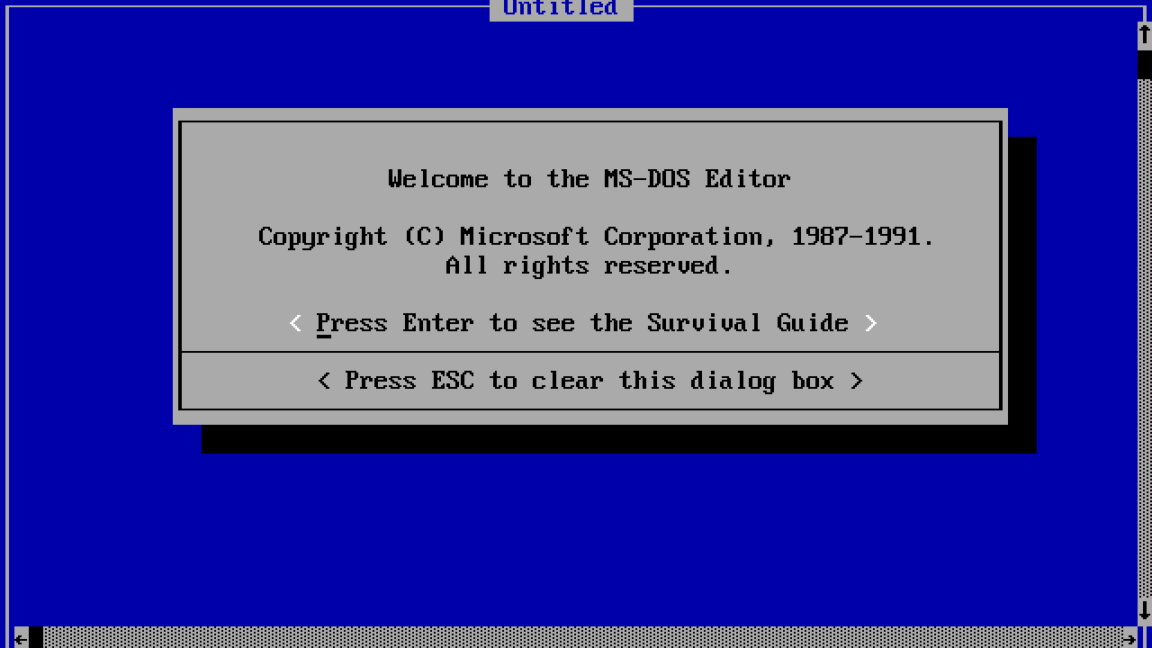
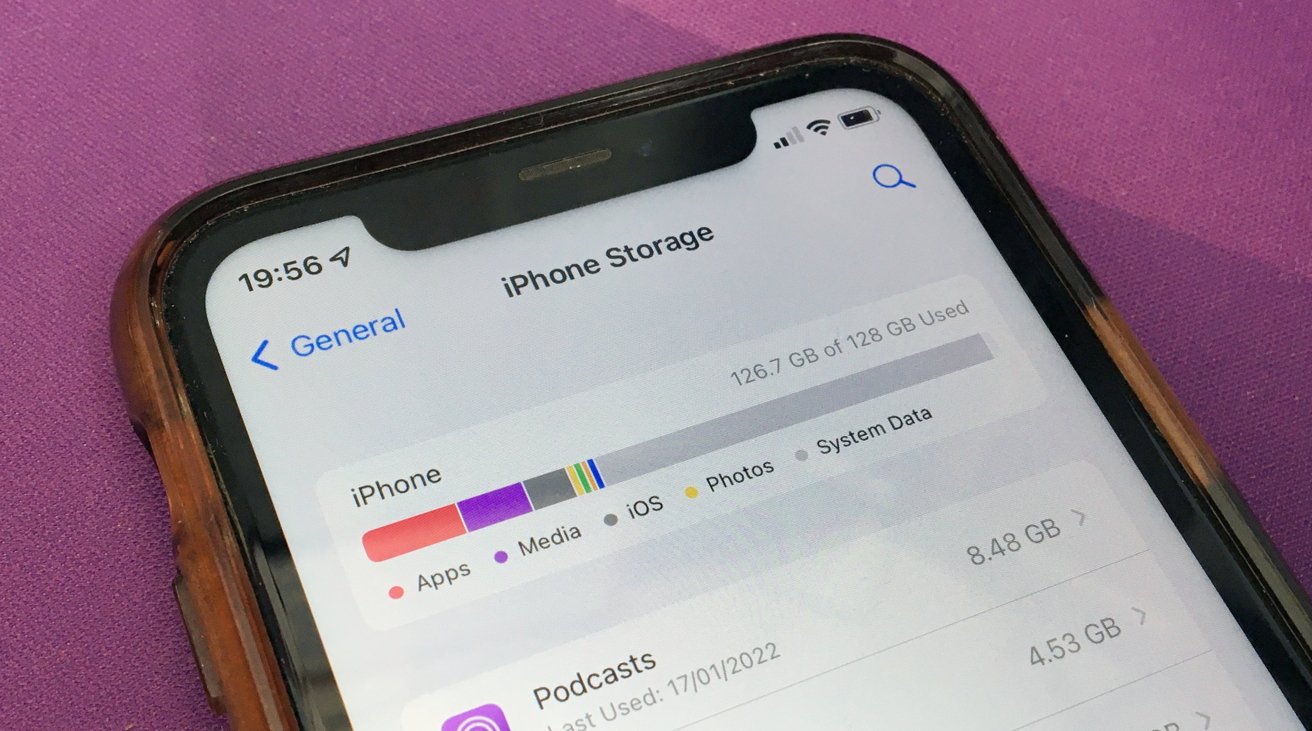

















![Latest leak shows how Galaxy Z Flip 7 FE compares to the standard Flip 7 [Gallery]](https://i0.wp.com/9to5google.com/wp-content/uploads/sites/4/2025/06/galaxy-z-flip-7-fam-blass-1.jpg?resize=1200%2C628&quality=82&strip=all&ssl=1)













![Apple in Last-Minute Talks to Avoid More EU Fines Over App Store Rules [Report]](https://www.iclarified.com/images/news/97680/97680/97680-640.jpg)


![Apple Seeds tvOS 26 Beta 2 to Developers [Download]](https://www.iclarified.com/images/news/97691/97691/97691-640.jpg)




















